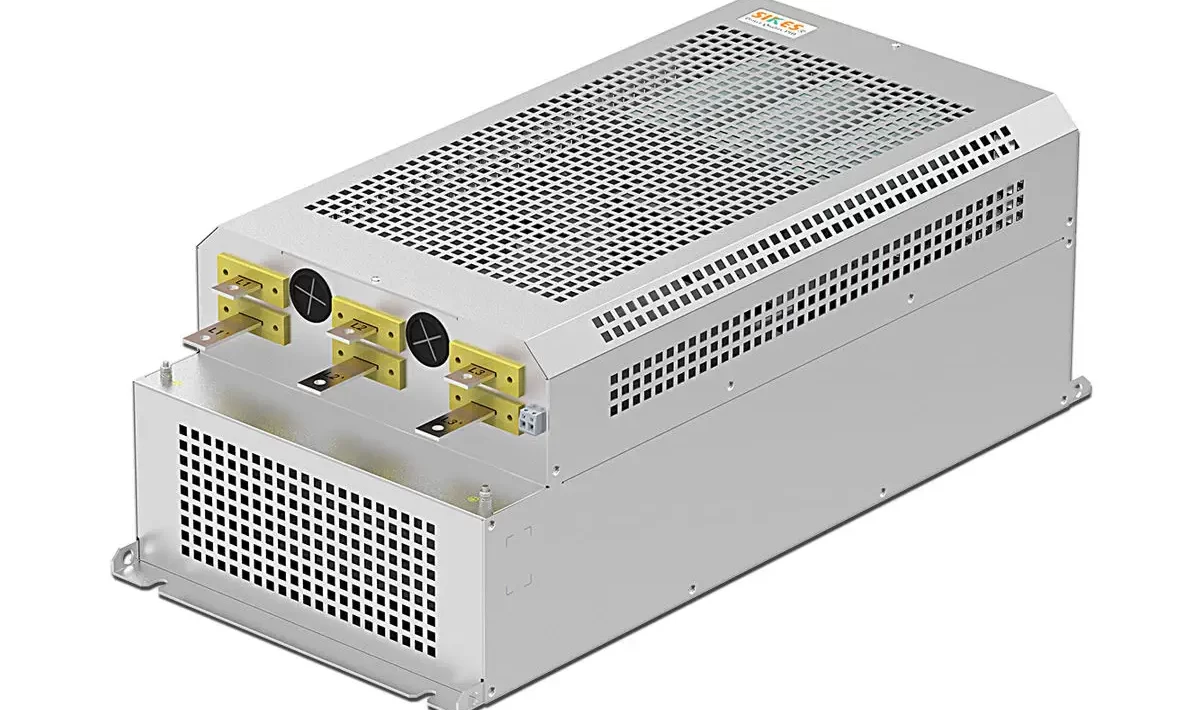Harmonic distortion filters are essential components of various electrical systems that maintain sound quality and promote system efficiency. This article delves into the mechanisms and benefits of these indispensable tools, taking you through their operating principles, applications, and role in improving the auditory experience and electrical performance.
Understanding Harmonic Distortion
Before exploring the role of harmonic distortion filters, it is crucial to comprehend what harmonic distortion is and why it’s a significant concern in electrical systems.
What is Harmonic Distortion?
In the world of audio and electrical systems, the term ‘harmonic distortion’ refers to a situation where the waveform of an audio signal or electrical current is distorted, typically due to nonlinear behaviour in the system. This distortion generates harmonics, or multiples, of the original signal’s frequency.
These harmonic frequencies alter the original signal’s shape and can cause various adverse effects, including reduced audio quality in sound systems and decreased efficiency in electrical systems. Harmonics can even lead to overheating and premature wear in electrical devices, contributing to a shorter lifespan for the equipment.
Causes of Harmonic Distortion
Harmonic distortion can stem from several sources within electrical systems. Key culprits include nonlinear loads like transformers, induction motors, and electronic devices such as computers and LED lights, all of which tend to generate harmonics when operating. The increasing use of these devices in our technologically advanced world has made harmonic distortion a significant issue.
The Role of Harmonic Distortion Filters
This is where harmonic distortion filter come in, serving as a vital solution to the problem posed by unwanted harmonics.
How Do Harmonic Distortion Filters Work?
Harmonic distortion filters are designed to ‘filter out’ or suppress the harmonics generated by electrical loads, thus allowing the fundamental frequency to pass through while minimizing the distortion. These filters perform a ‘clean-up’ operation on the electrical waveform.
The working principle of harmonic distortion filters involves using capacitors and inductors to create resonant circuits that can effectively suppress specific harmonic frequencies. By carefully selecting these components, the filters can be tuned to target the most complex harmonics in a particular system.
Types of Harmonic Distortion Filters
Harmonic distortion filters come in various types, including passive, active, and hybrid filters.
Passive Filters
Passive filters are the simplest type, composed of passive components like capacitors, inductors, and resistors. These filters are typically tuned to mitigate specific harmonic orders and are best used in systems where the spectrum does not change frequently.
Active Filters
On the other hand, active filters utilize power electronics to generate a waveform that cancels out unwanted harmonics. These filters are more flexible than passive ones and can adapt to changing harmonic conditions, making them suitable for dynamic systems with varying loads.
Hybrid Filters
Hybrid filters combine the best of both worlds, using a passive filter to deal with high-power lower-order harmonics and an active filter to handle lower-power higher-order harmonics. This setup allows for improved efficiency and a more comprehensive approach to harmonic mitigation.
Benefits of Harmonic Distortion Filters
Harmonic distortion filters offer numerous advantages, contributing to enhanced sound quality and improved efficiency in electrical systems.
Enhanced Sound Quality
For audio systems, harmonic distortion filters can significantly improve the sound quality. By removing the unwanted harmonic frequencies, these filters allow the audio signals to maintain their original waveform, leading to a more precise and accurate sound reproduction. This is particularly important in high-fidelity audio systems and professional audio applications where good quality is paramount.
Improved Electrical Efficiency
Harmonic distortion filters also play a crucial role in enhancing the efficiency of electrical systems. By eliminating harmonic distortion, these filters can prevent the issues caused by harmonics, such as overheating and energy losses. As a result, electrical devices can run more efficiently, reducing energy consumption and promoting sustainability.
Extended Equipment Lifespan
Harmonics can cause premature wear and tear on electrical equipment, leading to a shorter lifespan. By mitigating harmonic distortion, filters can help prolong electrical device life, leading to cost savings and reduced maintenance requirements over time.
Conclusion
In our increasingly electrified and digitized world, the role of harmonic distortion filter in maintaining the sound quality and efficiency of electrical systems is more critical than ever. By understanding the fundamentals of harmonic distortion and the working principles of these filters, we can better appreciate their vital role in enhancing our auditory experiences and the performance of our electrical systems. While often overlooked, these filters are indeed the unsung heroes of our electrical world, diligently working behind the scenes to maintain the harmony of our power systems.





